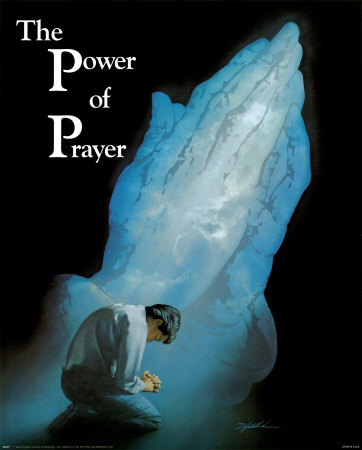
Are the Prayers of a Metaphysicist, a Sikh, and a Muslim Enough?
Plaintiffs have failed to establish that the Policy has been used for an improper purpose or is otherwise unconstitutional. Volunteers of numerous faiths are invited to and have given invocations before City Council meetings, and the selection process does not discriminate against any faith.
You can read the full ruling, here. So, when the ruling talks about “volunteers of numerous faiths,” what do they mean?
“Since the City Council adopted the Invocation Policy: twenty invocations were given by people from Christian denominations, and each included a reference to Jesus or Jesus Christ; four invocations were by a person who identifies as a metaphysicist; one invocation was given by a member of the California Sikh Council; and one invocation was given by a person from an Islamic congregation. On four occasions no invocation was given because the scheduled speaker cancelled or was absent. No meetings were held on November23, 2010 or December 28, 2010. When counted only from the date of the challenged invocation, April 27, 2010, nine additional invocations included references to Jesus or Jesus Christ and five invocations have not included such references.”
Lancaster mayor Mayor R. Rex Parris, who had previously stirred controversy by proclaiming that “we’re growing a Christian community, and don’t let anybody shy away from that,” is now saying that “there never was any exclusion, and we never intended there to be any.” But is “a metaphysicist, a Sikh and a Muslim” enough to inoculate Lancaster’s prayer policy against the already-promised 9th Circuit Court appeal? I think the arguments given in an opinion piece published by the Los Angeles Times editorial board last year are still relevant.
“People of varying religious beliefs should be able to attend council meetings, or any other legislative sessions, without feeling marginalized … given the dominance of Christian congregations in almost all corners of the country, a rotating guest list is going to result more often than not in Christian prayer …Though a nondenominational prayer might satisfy the vast majority of Americans, aren’t atheists, agnostics, members of polytheistic religions and, for example, Buddhists — whose faith does not include a belief in a supernatural-related God — entitled to feel equally comfortable at these sessions? … there is no getting around the fact that what the courts call nonsectarian prayer is actually polysectarian monotheistic prayer. To someone who isn’t from one of those faiths — primarily Christianity, Judaism and Islam — this sure looks like establishment of a particular religious belief.”
While the inclusion of a Sikh and a Muslim is admirable, especially after one Lancaster City Councilwoman courted controversy in 2010 by saying that beheadings were “what the Muslim religion is all about,” Lancaster hasn’t veered far from “polysectarian monotheistic prayer.” Sikhism and Islam are, since I last checked, monotheistic religions, so that leaves the lone metaphysicist. If that anonymous metaphysicist came from the local Center for Spiritual Living, the individual in question was probably a monotheist too. So while there may be “numerous faiths” giving sectarian prayers, it remains to be seen if several flavors of monotheist truly is diverse enough. We know that the “include a Wiccan” gambit can work, but what about including a Sikh, a Muslim, and a Metaphysicist among a sea of prayers to Jesus?
